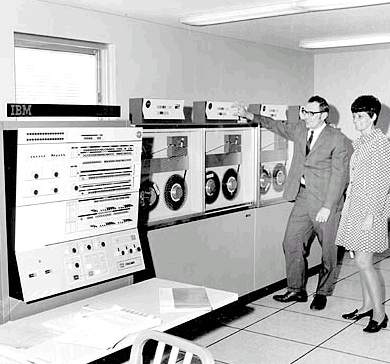The Smooth-Stone syndicate has amassed a $48 million war chest to challenge traditional x86 processors with new, low-powered chips designed for use in servers and data centers.
The company currently boasts a number of prominent funding partners, including ARM, ATIC, Battery Ventures, Flybridge Capital, Highland Capital and Texas Instruments.
“Power consumption matters more than ever. [We plan on] bringing the low-power virtues of mobile phone technology to [the industry],” explained Smooth-Stone CEO Barry Evans.

“[Our] semiconductors and software will provide a solution for companies where server energy consumption has become an expensive issue by increasing the density of computer resources – while significantly conserving energy, cooling and space in the data center.”
Indeed, according to Evans, Smooth-Stone plans on “completely” eliminating power consumption as a constraint.
“Imagine [the] change for companies with a large presence on the Internet…They all deal with the reality that as the mass of information grows daily, so does their power consumption.
“Every day these companies are thinking about managing their data center sprawl. We want to make sure space and power are not constraining their potential.”
Meanwhile, Real World Tech analyst David Kanter told TG Daily that the concept of using low power chips in servers and data centers was quite a reasonable one.
“Even Microsoft has published some research on the subject. Now, Smooth-Stone has been around for a while – since 2008 – so realistically, products probably won’t arrive till 2012 at the earliest.
“But if you look at the amount of money Smooth-Stone is raising, it’s enough that they are starting to look at really building out the team and getting into the later stages of CPU design.”
Intel also weighed in on the news, with a spokesperson telling TG Daily:
“We know there are processor choices for the enterprise, and we don’t take our position nor any competition for granted. That said, servers absolutely require raw performance, complete software consistency, energy efficiency and unquestionable reliability.
“[So], it’s unclear how well ARM-based chips will do in these key areas.”






